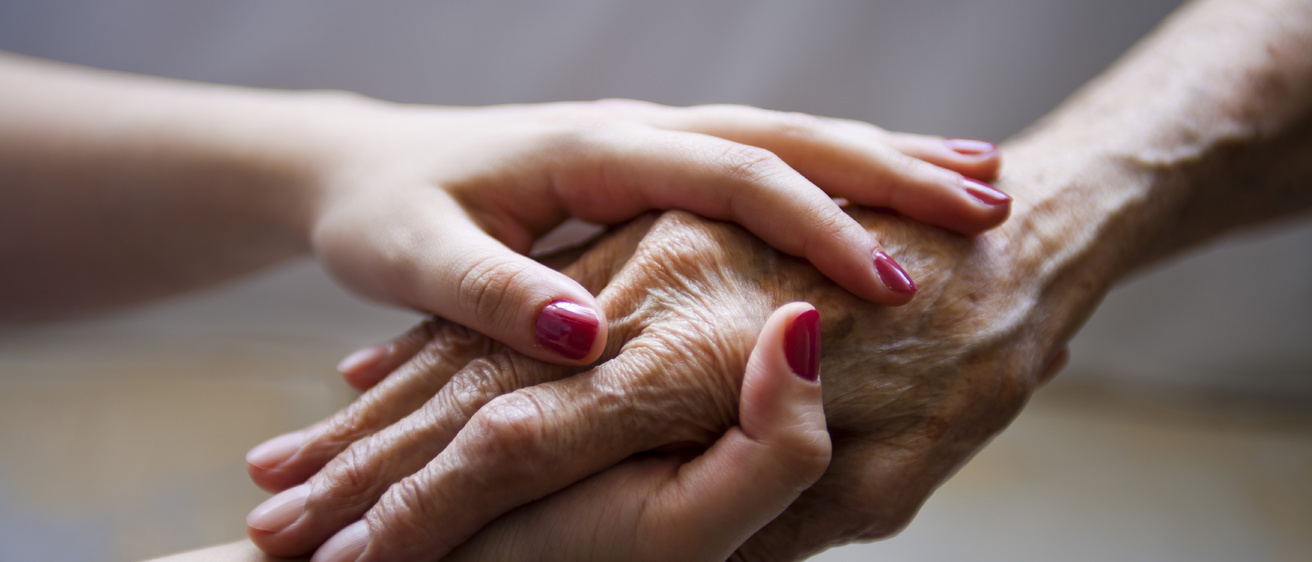When Susan Wagner Cook, an assistant professor in Psychology (CLAS) submitted a paper on hand gestures a few years ago, she received feedback from reviewers that her understanding of memory was about twenty years behind. Disappointed, but also knowing that she was unlikely to assimilate two decades of research into her thinking without serious commitment, she tabled the paper. She gave it second thoughts, however, when her professional path began to cross with that of Melissa Duff, an assistant professor in Communication Science & Disorders (CLAS), whose research centers on memory.
“The more that Melissa and I talked, the more I realized that the ideas in the paper were relevant if her work on memory was added,” says Cook.
Their collaboration became more than conversations toward future plans when they received an Obermann Interdisciplinary Research Grant that allowed them to share an office at the Obermann Center in July. During that time they wrote a theoretical proposal, designed a line of empirical studies to test the theory, and began a grant application – all work that they hope will lay the groundwork for their next four to five years of research.
The primary question of their work is whether hand gestures can increase learning, especially for people with memory impairment. Gestures are known to influence communication, helping listeners to understand each other’s meaning. Gesturing also helps people learn new information – picture a coach pantomiming a stroke to a swimmer. What is less known is how gesture and memory interact.
“Memory is supported by two distinct systems in the brain,” explains Duff. “There is a memory system for knowing how (e.g., how to ride a bike) and a memory system for knowing that (e.g., knowing that the capital of Iowa is Des Moines). Much of what we know about these memory systems comes from neurological patients who have impairments in one form of memory but not the other. Previous research has focused on the extent to which different types of knowledge were accessible to consciousness and available in speech. For example, a patient with an impairment in acquiring new facts (i.e., knowing that), can learn new skills (i.e., knowing how) but when asked about the new skill none of the information about how to do it are presented in speech.”
But, no one, until now, has looked at what people can express with their hands.
Bridging their disciplines and the differences in how memory and gestures have traditionally been researched has been one of the central challenges to their collaboration. “I am constantly surprised by how hard it can be to take ideas from different systems and put them side to side and to translate across disciplines,” says Cook. “I can’t count the number of times that I’d write something and then ask, ‘Does this make sense to you, Melissa?’ – something I wouldn’t ask another researcher in psychology because the meaning would be implied.”
Duff concurs that their collaboration has forced each of them to reassess and be clearer. She is also excited by the potential outcome: “In essence, we’re creating a new sub-discipline.”
Having worked with people for years whose memory impairment permits them from remembering her from session to session (“I literally have to re-introduce myself each time,” she says.), Duff says this work could have a great effect on how caregivers and medical practitioners work with such clients: “Usually, clinicians try to teach people with Alzheimer’s, traumatic brain injury, and other kinds of memory impairment through speech, not gesture. But our theory predicts that adding gesture should increase what people learn.”
Cook, who has worked more with children, notes that their findings could help learners who need it most, such as students with Attention Deficit Hyperactivity Disorder. All of the practical applications of this research underlines how tightly connected the mind and body are; “They’re in constant cross talk with each other,” says Duff. Just like the two researchers.
